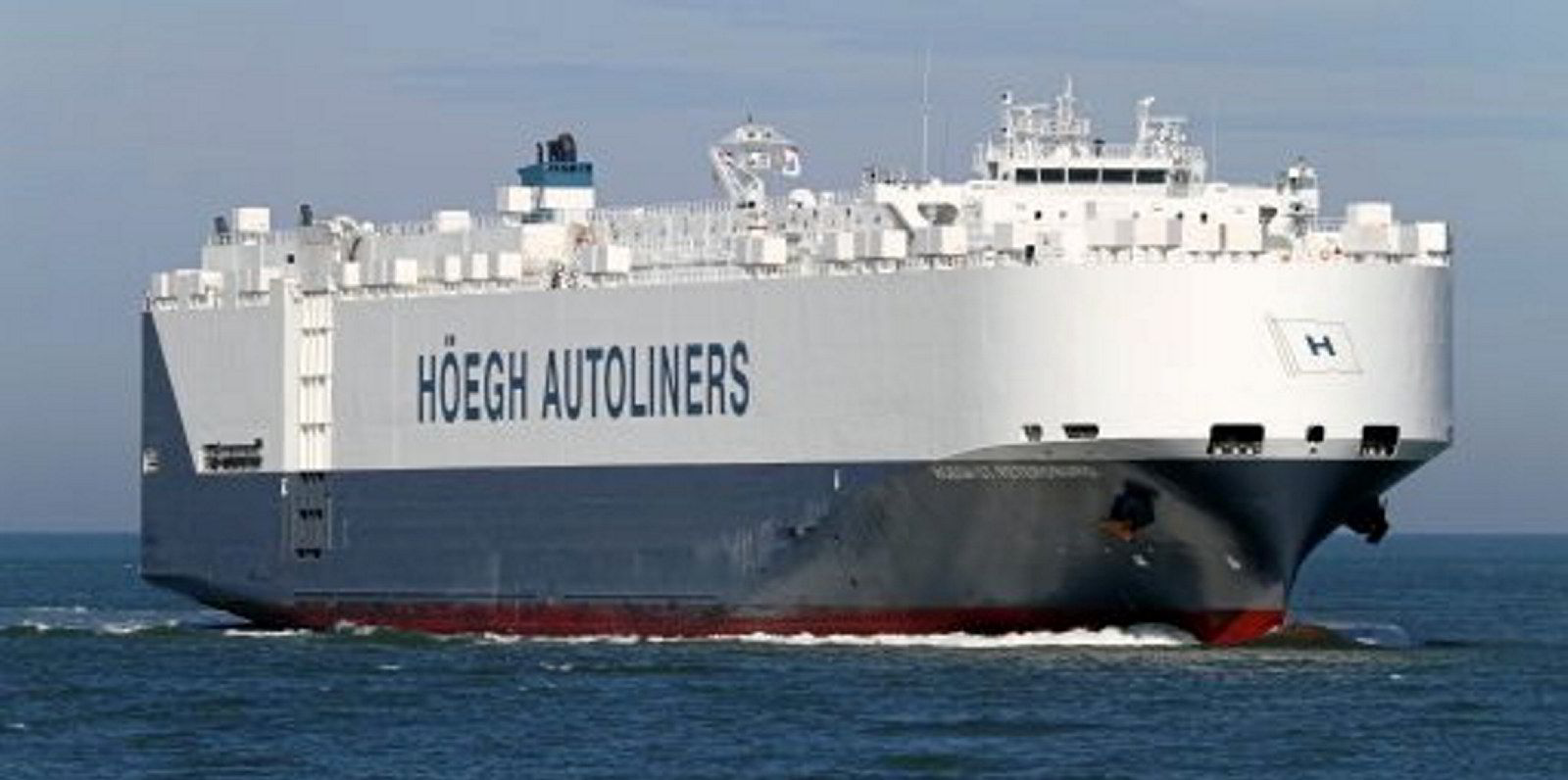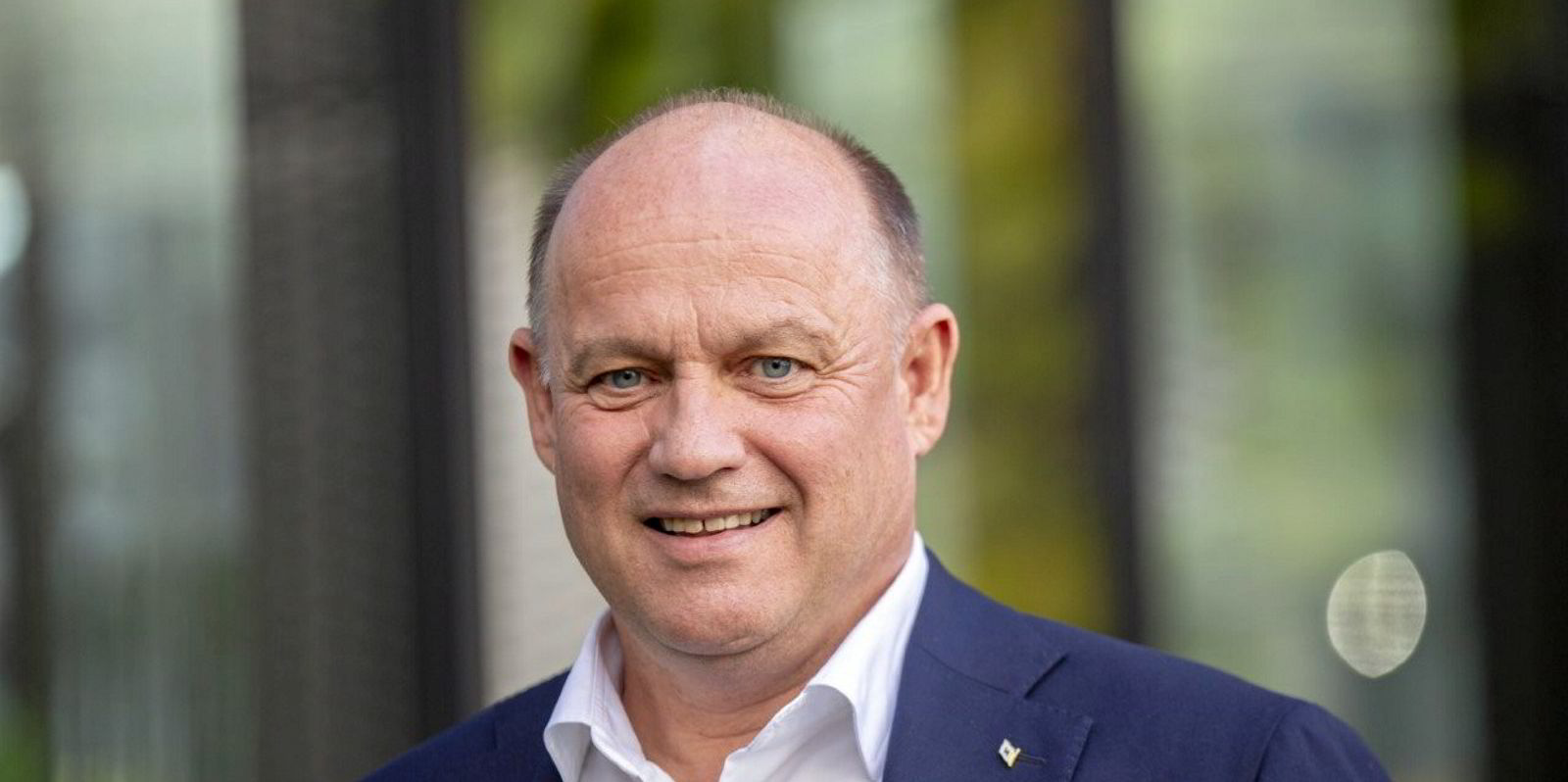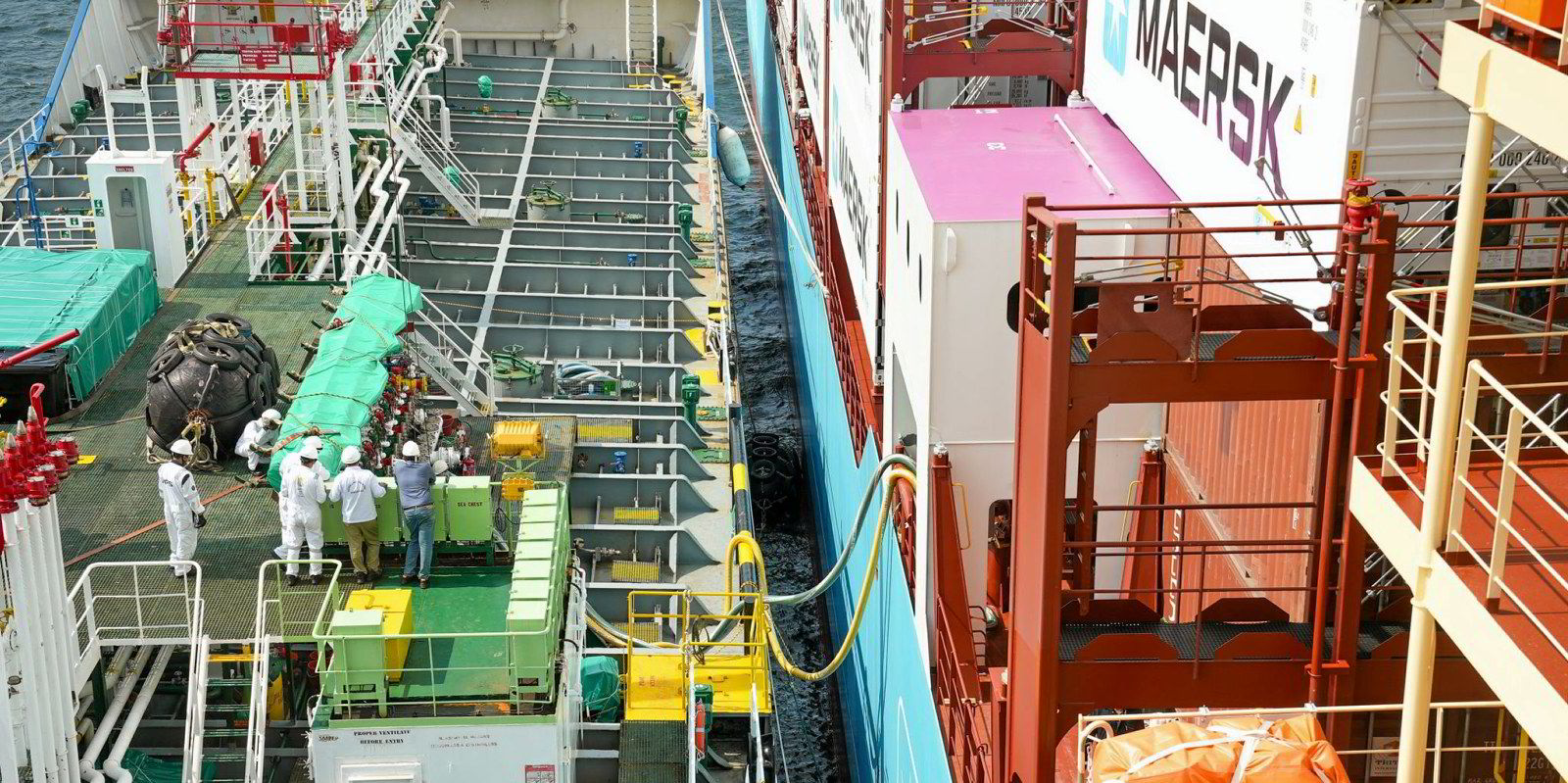Hoegh Autoliners continues its strong performance, while inking a new multi-year contract.
The Norwegian car carrier owner said in a market update on Friday that it earned an average prorated gross freight rate of $88.70 per cbm in July and $77.70 per cbm on a net basis.
The gross figure was 1.5% better than the second quarter figure, while the net figure was 3.6% better.
Chief executive Andreas Enger said the net figure was the second-highest recorded in 2023.
“The positive trend from the first half continued in July,” he said.
“We continue to see high demand from customers both in Asia and Europe/US and can fill all our sailings with a good mix of contract cargo and spot cargo at healthy rates.
“Volumes are stable at a high level maximizing the use of the available capacity.”
Enger added that the high and heavy and breakbulk share of the cargo is stable, making up 24% of volumes in July, down slightly from the 25% for the last three months.
In total, Hoegh Autoliners transported 1.4m cbm of cargo on a prorated basis for the month, versus 4.1m for the last three months.
Later in the day, the company said it had signed a 5-year contract with an unspecified major international automaker to ship cars from the US to the Middle East.
“Serving our strategic customers and allocating capacity to them in our systems both ex. Atlantic and ex. Asia is our top priority,” Enger said.
“We have a long history in the US to the Middle East trade and it gives us confidence that customers see us as their trusted long-term carrier for their products in this corridor.”
The company will report earnings on 17 August.
The news appeared to boost Hoegh Autoliners’ Oslo-listed shares in early trading, with shares jumping NOK 1.95 ($0.19) since the open and NOK 3.60 from the previous close to NOK 61.75.
July was a big month for the company.
In addition to the high rates, the company declared options on four 9,100-ceu newbuildings to bring its orderbook to 12 vessels.
The ships are part of its Aurora class and will come ready for conversion to ammonia propulsion from delivery beginning in July 2024.





